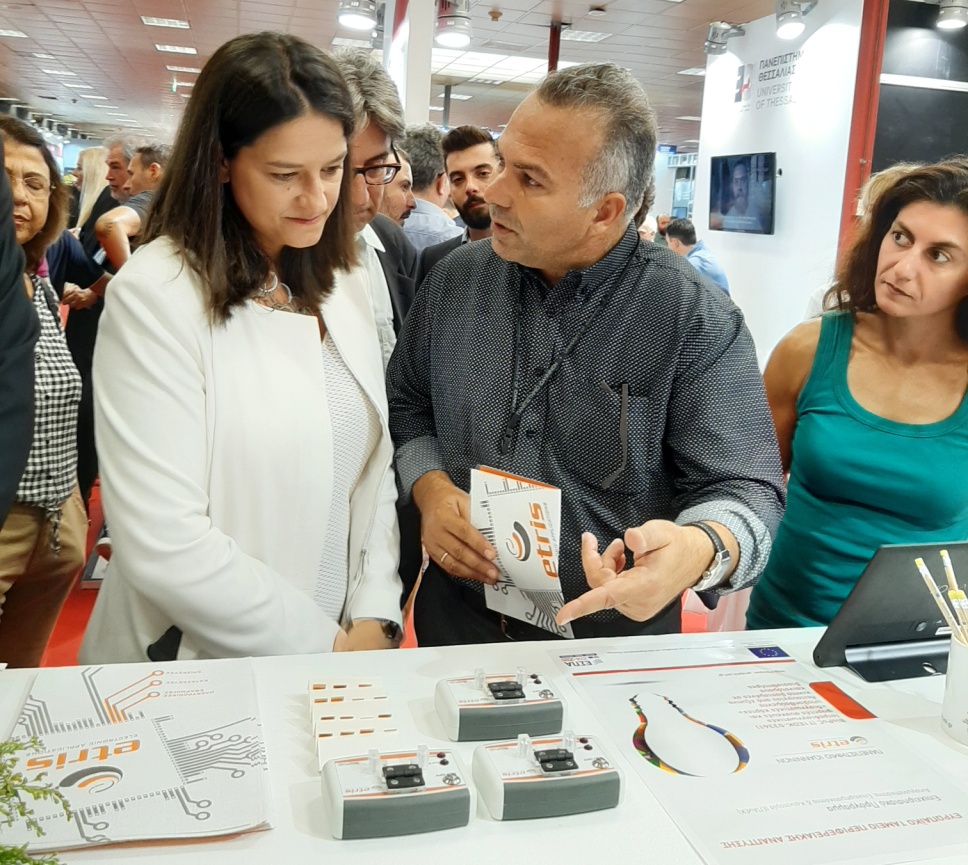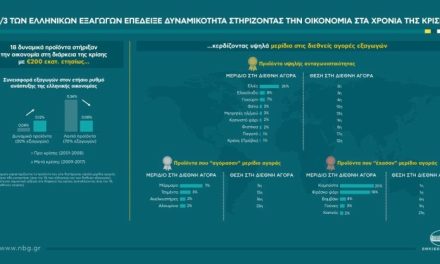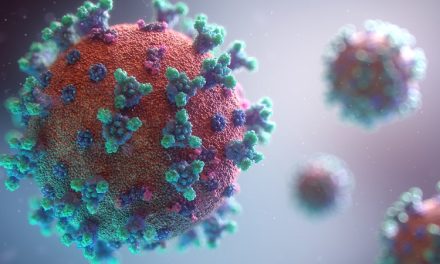One of the priorities in R&D is to lighten the burden of biochemical exams in laboratories and hospitals. This helps to ease the workload of care units both in urban or geographically remote areas as well as improve the quality of patients’ lives. This was the case with diagnostic devices that enable diabetic patients to measure their glucose levels on their own and this is the case with the BioPoc Project. The BioPoc project is a research programme that aims to develop portable diagnostic medical devices and “diagnostic cards” with smartphone-aided operations that will allow reliable clinical measurements at the point of care (PoC), i.e. even in the comfort of patients’ homes.
Partners in the programme are the Laboratory of Analytical Chemistry of the Department of Chemistry of University of Ioannina, ETRIS – «Electronic Applications – Govaris Konstantinos & CO» and the Division of Gastroenterology of the Department of Internal Medicine together with the Laboratory of Polymer Science & Engineering at the Department of Materials Science Engineering (DMSE) of the University of Ioannina. Project coordinator is Dr. Mamantos I. Prodromidis, Professor of Analytical Chemistry at the University of Ioannina Department of Chemistry.
The overall scientific objective of the project is to develop – from the conceptual stage –novel types of medical diagnostic devices able to provide reliable clinical measurements at resource-limited or poor settings, where centralized laboratory facilities are in short supply, and for use at home. The proposed diagnostic devices, employing novel responsive polymer-based biosensors and their operation, are based on newly devised transduction and measuring principles. Diagnostic devices will be used for the determination of urea, creatinine and uric acid, which are employed as model biochemical indices, in biological fluids (blood and urine), as well as for the detection of Helicobacter pylori (H. Pylori) in bioptic samples and exhaled breath or exhaled breath condensate.
The proposed diagnostic devices can be used as a generic platform for the point-of-care analysis of a large variety of biochemical indices. Wide scope applicability can be achieved by the proper combination of responsive polymer membranes and enzymes that will be immobilized onto the surface of the membranes. Medical diagnostic devices will be designed to have small sizes, light weight, low power consumption and they will be developed in two different types: (a) as a stand-alone portable device and (b) as a compact “diagnostic card” with wireless communication and smartphone-aided operation.

Photo from the BioPoC corner in the University of Ioannina stand at the 84th Thessaloniki International Fair. From left Niki Karameus, Minister of Education and Religious Affairs, Professor of Analytical Chemistry and BioPoC Project coordinator Dr. Mamantos I. Prodromidis and Sofia Panagiotidou, Electrical Engineer and PC Engineer, Etris Electronic Applications
The above devices are also referred to as Point-of-Care (POC) diagnostic devices in accordance with the “ASSURED” criteria (Affordability, Sensitivity, Specificity, User-friendliness, Rapidity & robustness, no Equipment, Deliverability) set by the world health organization (WHO). Adherence to the ASSURED criteria means that research aims to produce devices that share the following characteristics: (i) Operation with a small volume of biological sample (ii) Immediate application to the biological sample without the need for pretreatment and / or addition of other agents (iii) Short response time (iv) Simple operation so that they can be used by non-qualified personnel or even the patient him/herself (v) Low cost, simple instruments with low power consumption (battery powered) (vi) Small dimensions and weight (high portability) (vii) Minimum maintenance requirements and (viii) Low cost of purchase, supplies and analysis.
The development of a new generation of innovative medical diagnostic devices capable of providing reliable clinical measurements without the use of laboratories, for example in patients’ homes, in remote areas, or in areas with limited or inadequate medical infrastructure (villages, mountain settlements, islands, rural areas in less developed regions or third world countries) is, at an international level, a high research and technological priority and aims to (i) improve the quality of life of patients s, (ii) to increase life expectancy and (iii) reduce the cost to the NHS.

Read more about the BioPoC Project here.
F.K.













